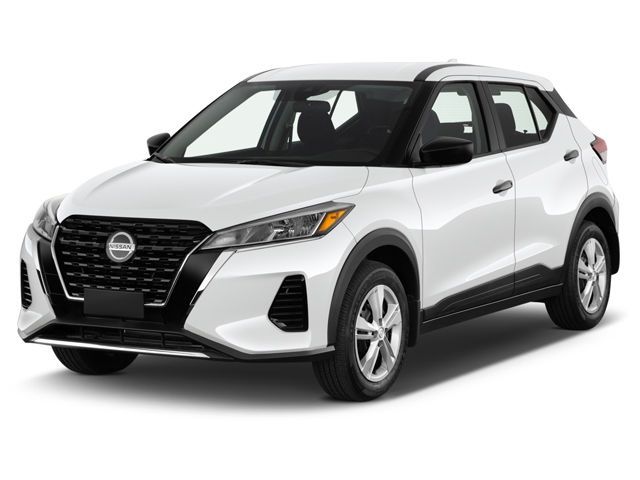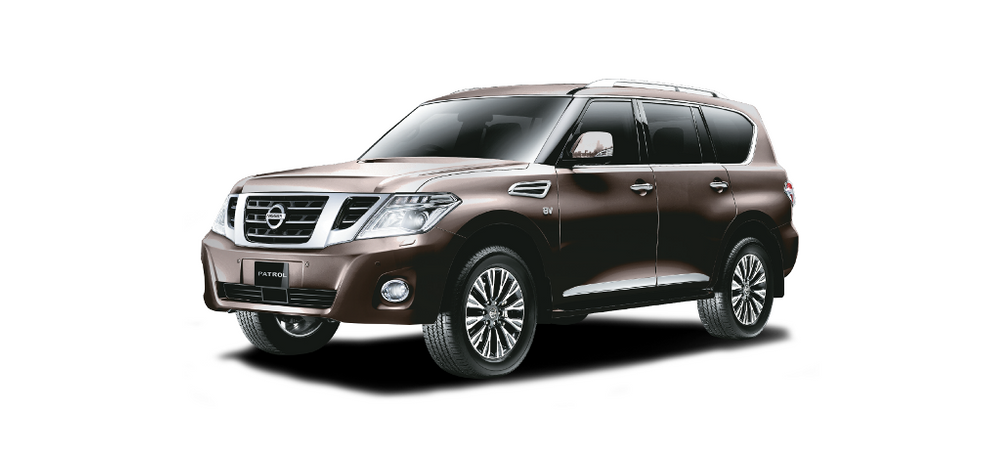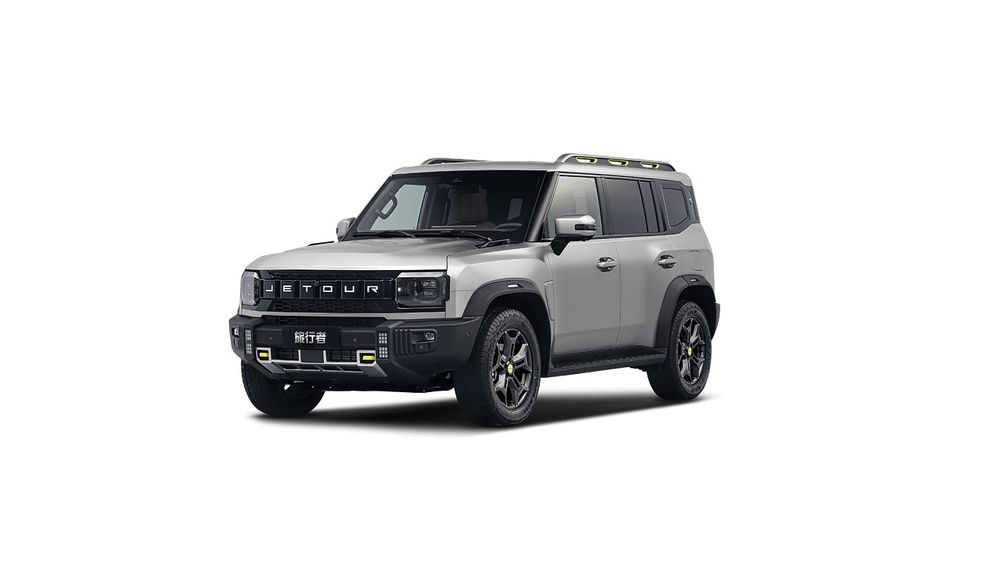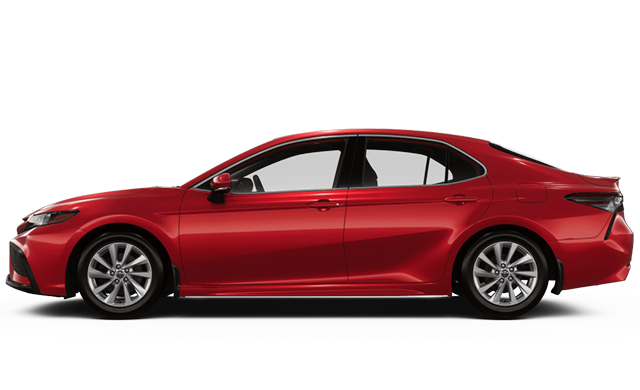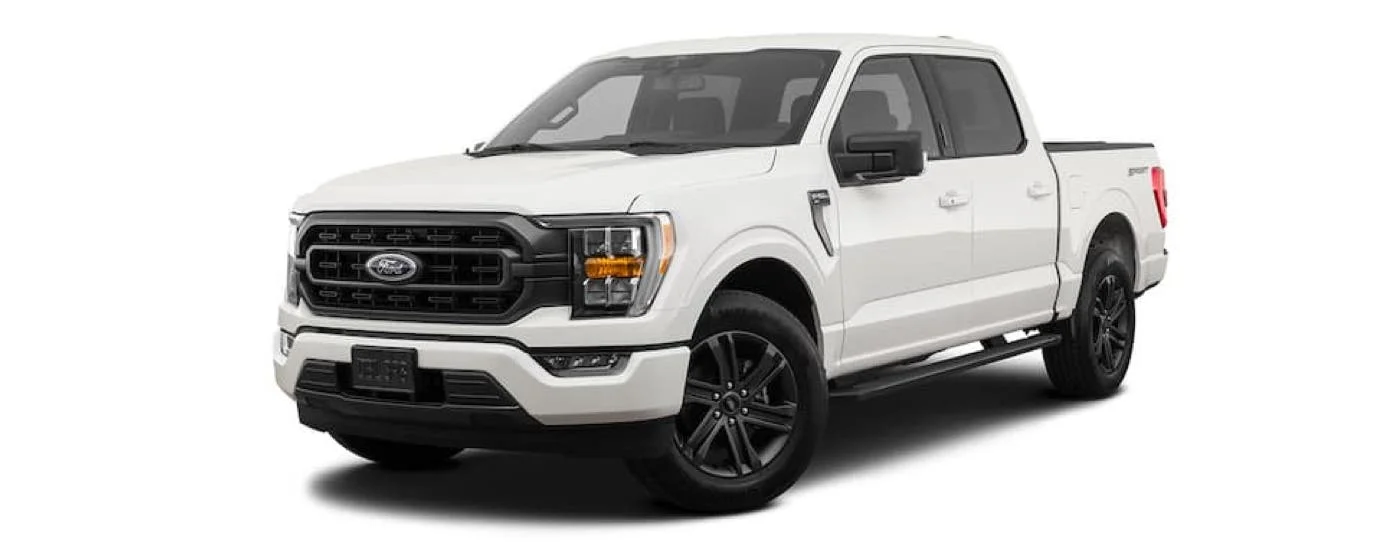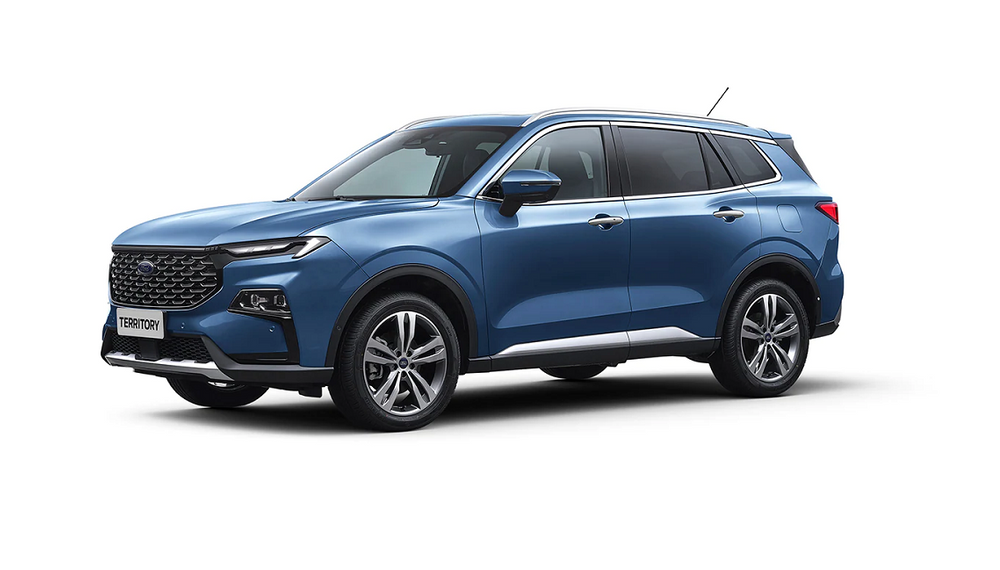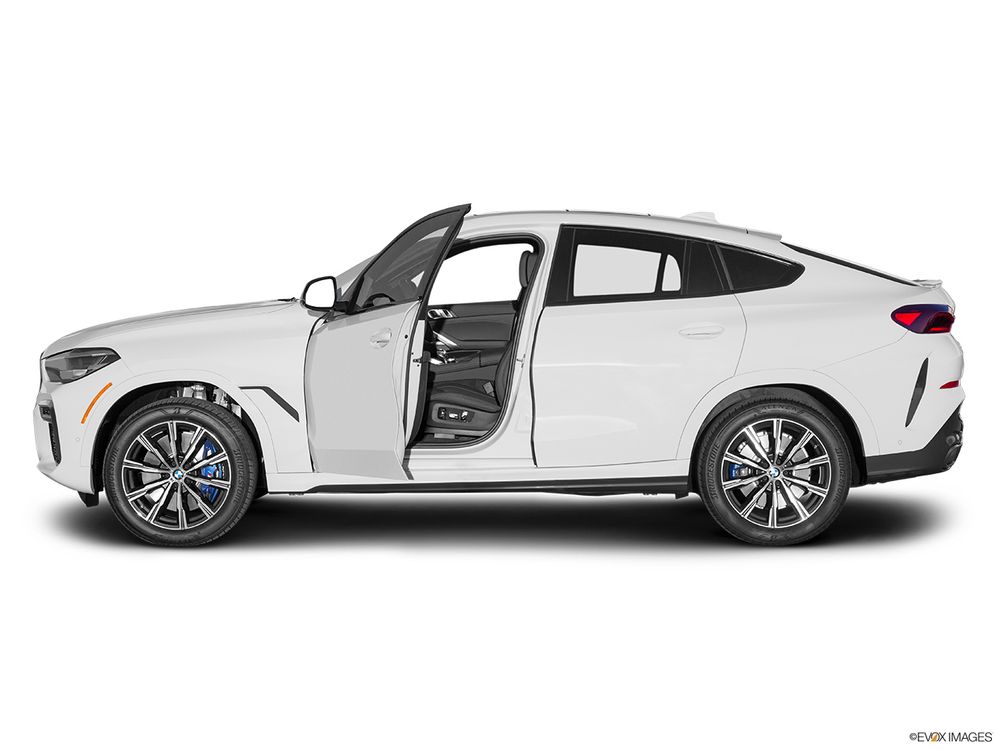BMW and Toyota Partner to Develop Hydrogen Fuel Cell Electric Vehicles
Published On, Oct 5, 2024 | By YaaraCars Team
The partnership aims to bring a new generation of hydrogen-powered vehicles to the market by the end of this decade
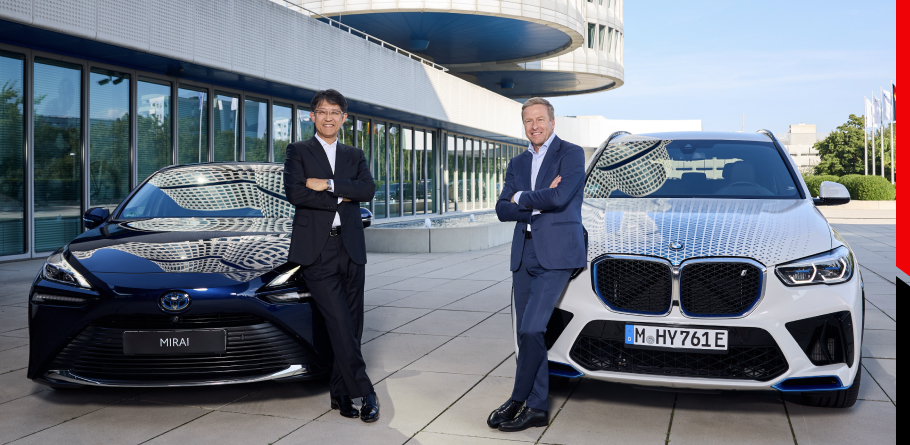
BMW and Toyota have officially announced a new partnership to develop hydrogen fuel cell electric vehicles (FCEVs), a collaboration that aims to advance hydrogen as a viable zero-emission fuel source in the automotive sector. The agreement between these two automotive giants underlines their shared vision of a diverse and sustainable future for mobility, combining their expertise to push the boundaries of hydrogen technology and address the growing demand for eco-friendly alternatives.
The partnership will leverage the unique strengths of both automakers. BMW, with its reputation for engineering precision and luxury, will focus on vehicle integration, driving dynamics, and market positioning. Toyota, a pioneer in hydrogen technology with models like the Mirai, will contribute its advanced fuel cell expertise and knowledge of hydrogen powertrains. The collaboration builds on their longstanding relationship, which previously included the development of the BMW Z4 and Toyota Supra, and underscores their belief in a multi-faceted approach to reducing carbon emissions.
Hydrogen fuel cell technology represents an alternative to battery electric vehicles (BEVs) by using hydrogen gas to generate electricity, with the only emission being water vapor. This technology offers several advantages, such as faster refuelling times compared to battery electric vehicles and longer driving ranges, particularly under heavy load conditions. Hydrogen-powered vehicles are seen as particularly well-suited for heavy-duty applications, such as trucks, buses, and long-distance vehicles, where battery-electric options face challenges due to battery weight and capacity limitations.
The new BMW and Toyota partnership aims to bring a new generation of hydrogen-powered vehicles to the market by the end of this decade. Both companies will work closely to design and manufacture fuel cell systems, hydrogen storage solutions, and vehicle architectures optimized for hydrogen propulsion. The collaboration is expected to accelerate the mass adoption of FCEVs by lowering production costs and ensuring that the vehicles meet the high expectations of luxury and performance that are synonymous with BMW and Toyota brands.
As part of the development roadmap, BMW has committed to expanding its hydrogen testing program, building on its recent work with the iX5 Hydrogen prototype. Toyota, on the other hand, will continue to refine its fuel cell stack technology, aiming for higher efficiency and greater durability. Together, they plan to explore ways to optimize hydrogen infrastructure, including fuelling stations, which remains a significant hurdle for the widespread adoption of hydrogen-powered vehicles.
The collaboration between BMW and Toyota signals a major step toward diversifying the future of zero-emission mobility. By pooling resources and expertise, both automakers are positioning themselves to be leaders in hydrogen technology, providing a compelling alternative for consumers looking for sustainable vehicles that combine efficiency with practicality. This partnership represents not just a move to push the limits of automotive technology but also a commitment to achieving broader climate goals by creating a versatile, hydrogen-powered future.


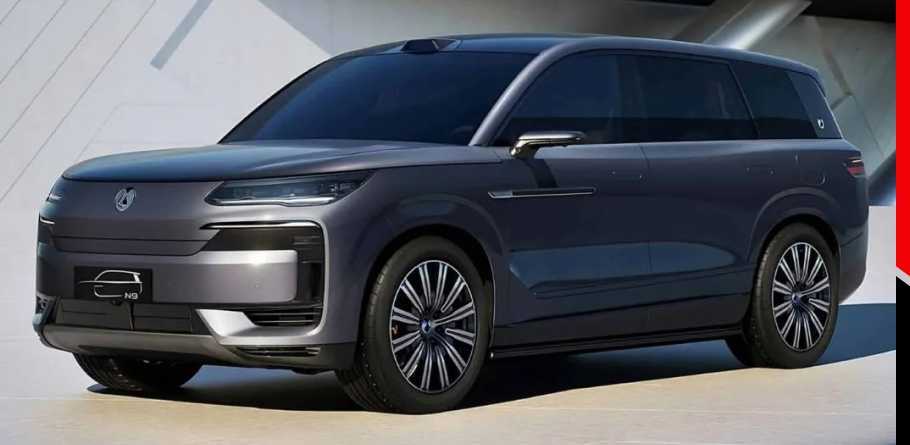
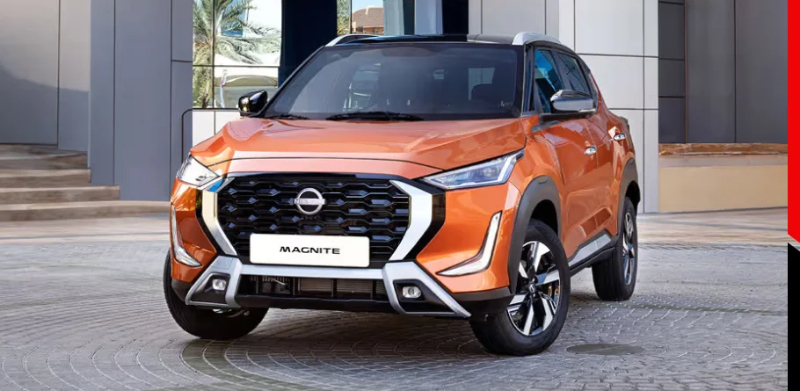
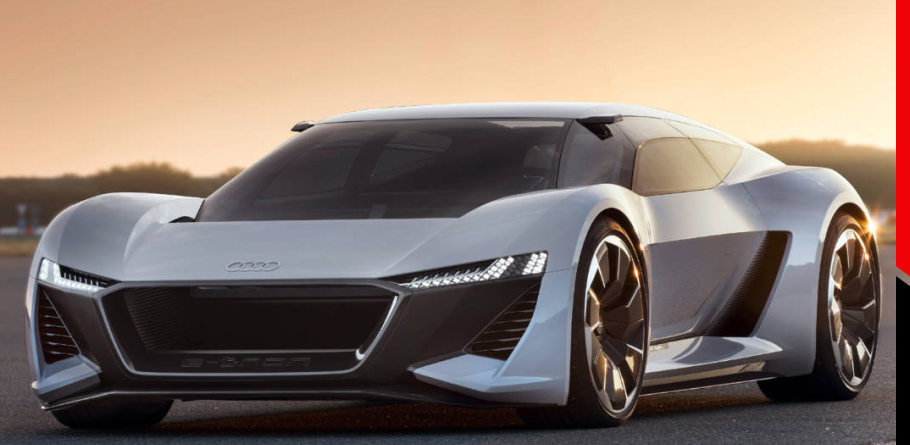
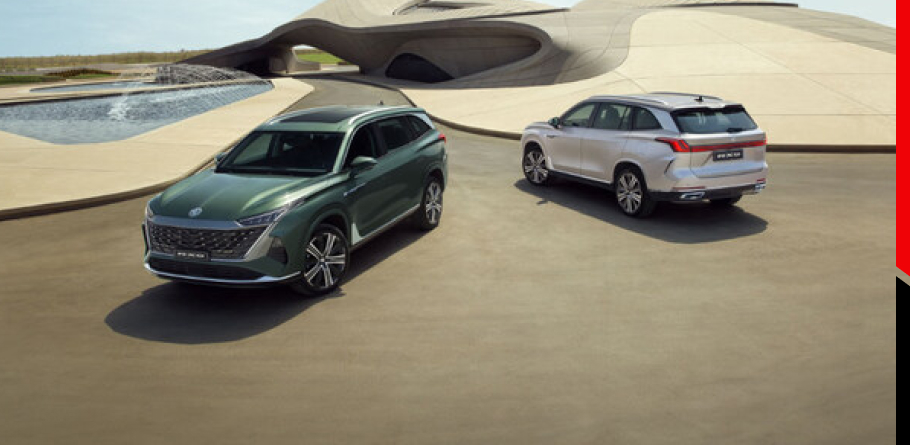
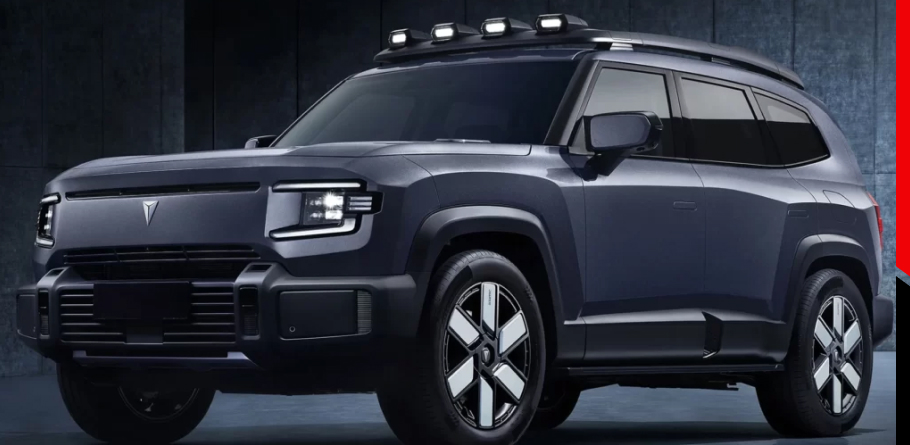
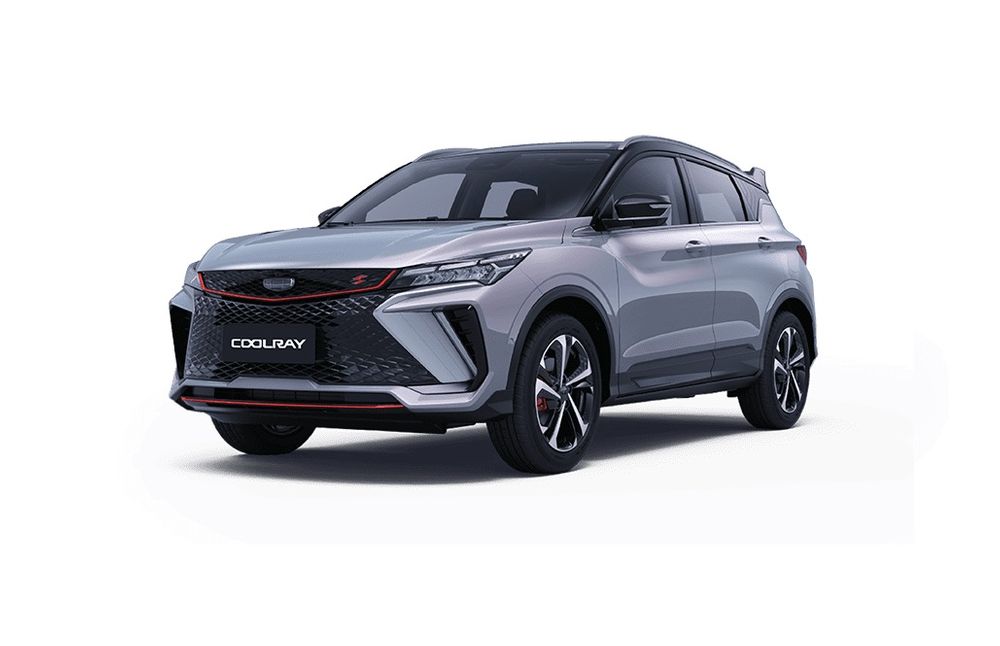
.jpg)
